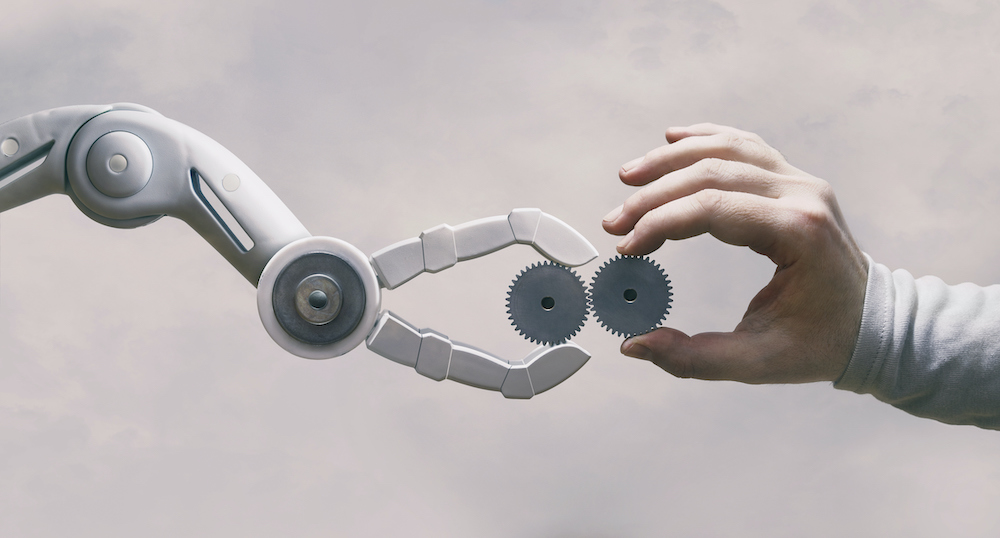MIT researchers are looking to address the significant gap between how quickly robots can process information (relatively slowly), and how fast they can move (very quickly thanks to modern hardware advances), and they’re using something called “robomorphic computing” to do it. The method, designed by MIT Computer Science and Artificial Intelligence (CSAIL) graduate Dr. Sabrina Neuman, results in custom computer chips that can offer hardware acceleration as a means to faster response times.
Custom-built chips tailored to a very specific purpose are not new — if you’re using a modern iPhone, you have one in that device right now. But they have become more popular as companies and technologists look to do more local computing on devices with more conservative power and computing constraints, rather than round-tripping data to large data centers via network connections.
In this case, the method involves creating hyper-specific chips that are designed based on a robot’s physical layout and its intended use. By taking into account the requirements a robot has in terms of its perception of its surroundings, its mapping and understanding of its position within those surroundings, and its motion planning resulting from said mapping and its required actions, researchers can design processing chips that greatly increase the efficiency of that last stage by supplementing software algorithms with hardware acceleration.
Xilinx launches a new reconfigurable space-grade chip optimized for local machine learning on orbit
The classic example of hardware acceleration that most people encounter on a regular basis is a graphics processing unit, or GPU. A GPU is essentially a processor designed specifically for the task of handling graphical computing operations — like display rendering and video playback. GPUs are popular because almost all modern computers run into graphics-intensive applications, but custom chips for a range of different functions have become much more popular lately thanks to the advent of more customizable and efficient small-run chip fabrication techniques.
Here’s a description of how Neuman’s system works specifically in the case of optimizing a hardware chip design for robot control, per MIT News:
The system creates a customized hardware design to best serve a particular robot’s computing needs. The user inputs the parameters of a robot, like its limb layout and how its various joints can move. Neuman’s system translates these physical properties into mathematical matrices. These matrices are “sparse,” meaning they contain many zero values that roughly correspond to movements that are impossible given a robot’s particular anatomy. (Similarly, your arm’s movements are limited because it can only bend at certain joints — it’s not an infinitely pliable spaghetti noodle.)
The system then designs a hardware architecture specialized to run calculations only on the non-zero values in the matrices. The resulting chip design is therefore tailored to maximize efficiency for the robot’s computing needs. And that customization paid off in testing.
Neuman’s team used a field-programmable gate array (FPGA), which is sort of like a midpoint between a fully custom chip and an off-the-shelf CPU, and it achieved significantly better performance than the latter. That means that were you to actually custom manufacture a chip from scratch, you could expect much more significant performance improvements.
Making robots react faster to their environments isn’t just about increasing manufacturing speed and efficiency — though it will do that. It’s also about making robots even safer to work with in situations where people are working directly alongside and in collaboration with them. That remains a significant barrier to more widespread use of robotics in everyday life, meaning this research could help unlock the sci-fi future of humans and robots living in integrated harmony.































Comment